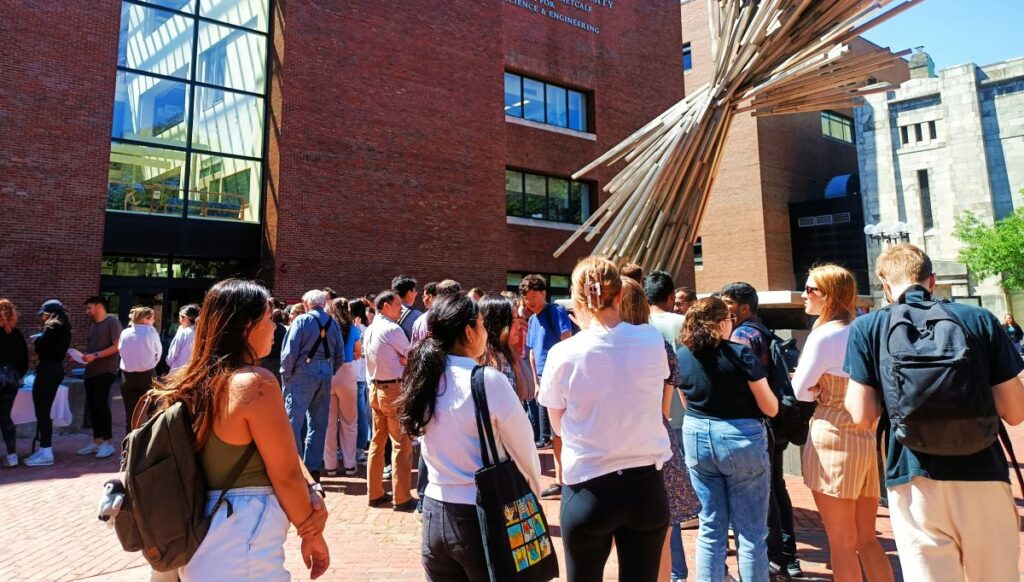A growing trend in higher education is the shift toward more flexible and innovative learning formats. One of these is the minimester—a condensed academic term designed to fit the needs of today’s busy students. As more colleges and universities embrace this model, you might be wondering what a minimester is and whether it’s a good fit for your academic goals.
Understanding the Minimester
A minimester is a condensed academic term that typically lasts half as long as a traditional semester, usually around 6 to 8 weeks. These shorter terms allow students to take one or two courses at a time, focusing intensely on the material without the extended duration of a regular semester. Minimesters are often offered during summer, winter, or as part of a university’s accelerated program options.
Key Benefits of a Minimester
1. Focused Learning: With a shorter timeframe, minimesters encourage concentrated study. Students can immerse themselves in a subject without the distraction of a full course load.
2. Flexibility: Minimesters offer flexibility for students who need to fit classes into a busy schedule. This can be particularly beneficial for those balancing internships, work, or other commitments.
3. Faster Progress: Because of the accelerated pace, students can complete courses more quickly, which can help them graduate sooner or lighten their load in future semesters.
4. Catch-Up or Get Ahead: Minimesters provide an opportunity to catch up on credits if you’ve fallen behind or to get ahead by completing extra courses.

The Intensity Factor
While minimesters offer many benefits, it’s important to recognize that they are also more intensive than traditional semesters. The condensed schedule means that the same amount of material is covered in a shorter period of time, requiring students to keep up with a faster pace of learning. This intensity can be challenging for some, as there is less time to absorb and process information, and assignments and exams are often scheduled closely together.
Who Should Consider Taking a Minimester?
1. Self-Motivated Learners: If you’re someone who thrives in a fast-paced environment and can stay organized under pressure, a minimester might be an excellent fit for you. The intensity of the course requires strong time management skills and self-discipline.
2. Students Needing Flexibility: If your schedule during the regular semester is packed with work, internships, or other commitments, a minimester can offer the flexibility you need to complete credits outside of the traditional academic calendar.
3. Those Looking to Graduate Sooner: Minimesters can be a great option if you’re eager to finish your degree sooner. By taking advantage of these accelerated courses, you can potentially shorten your time in college.
4. Students Needing to Retake a Course: If you need to retake a course due to a low grade, a minimester can provide a quicker path to getting back on track without having to wait for the next full semester.
Minimesters offer a valuable alternative to traditional academic terms, providing flexibility and a faster path to completing your studies. However, they come with a level of intensity that may not be suited for everyone. Before enrolling in a minimester, it’s essential to assess your personal learning style and whether you’re prepared for the fast pace and concentrated workload.
If you’re up for the challenge and the benefits align with your academic goals, a minimester could be the right choice for you. Consider exploring the options available at your school to see how they can fit into your academic plan.
